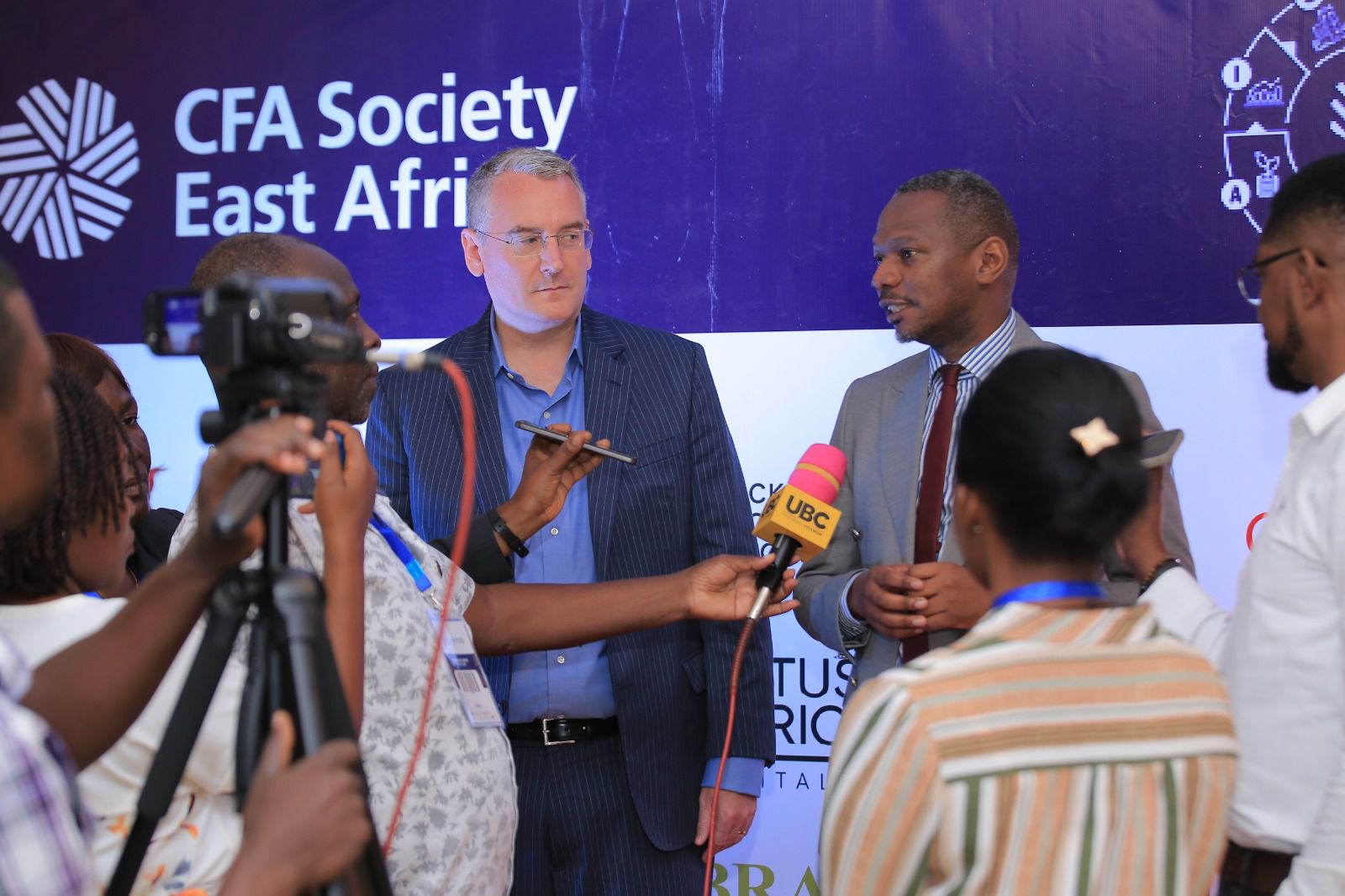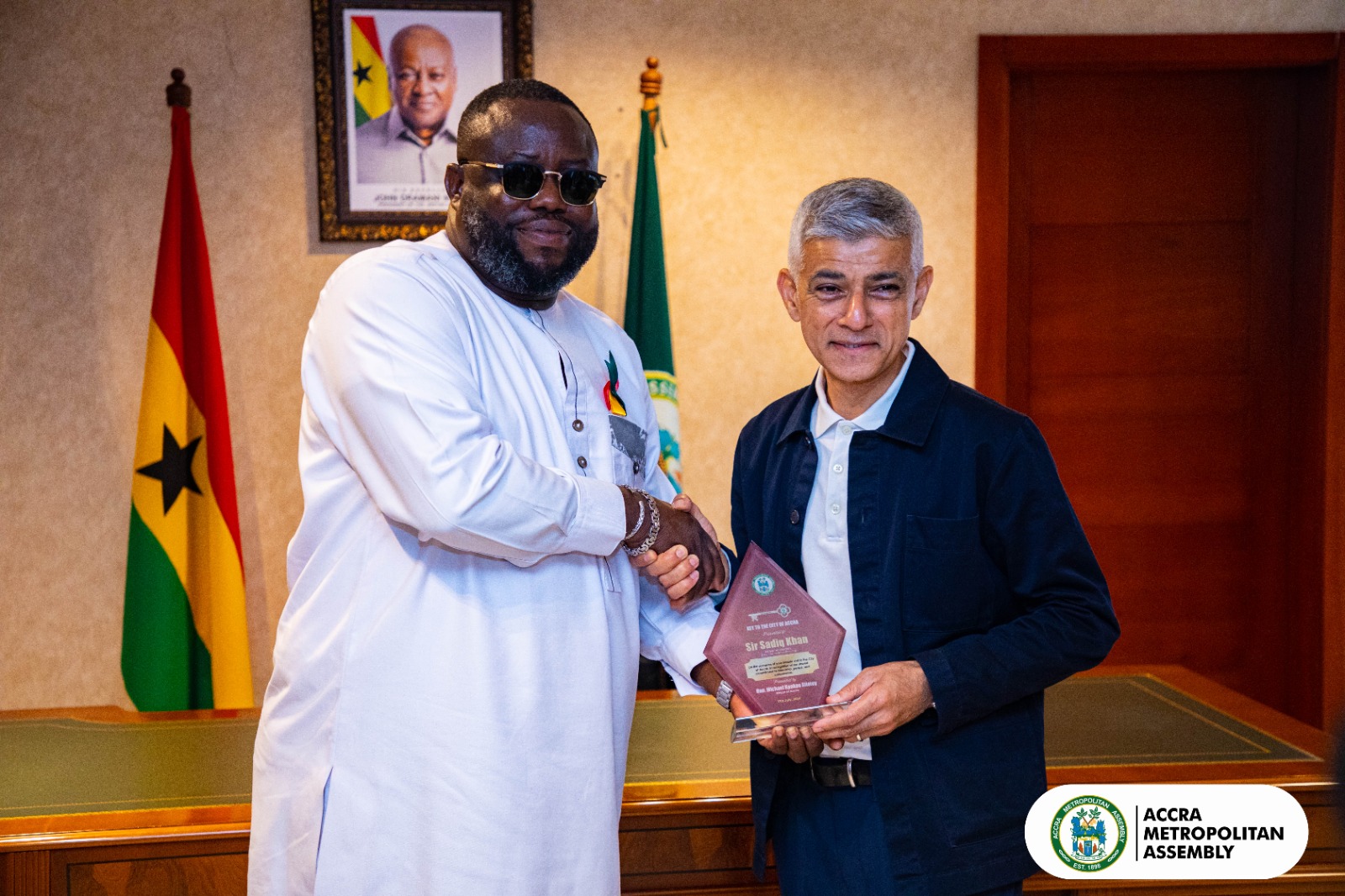Gopinath on charting Africa's growth path amid uncertainty - CNBC Africa
The picturesque coastal city of Durban is currently hosting the G20 Finance Talks, an event overshadowed by pressing global economic issues and uncertainty over tariff policies. Amid these discussions, CNBC Africa's Fifi Peters had an insightful conversation with Gita Gopinath, the First Deputy Managing Director of the International Monetary Fund (IMF), about navigating Africa’s economic future. As the world reels from potential tariff implications under President Donald Trump's administration, the talks have seen the convergence of several critical themes. South Africa, presiding over the G20, aims to foreground discussions that will benefit Africa and the global economy. These include taxation, climate finance, and debt sustainability. However, recurring concerns about trade tariffs have permeated these arenas. Africa faces the looming threat of hefty tariffs, bringing challenges that overshadow potential growth. South Africa might endure a 30% tariff by August 1st, and other G20 countries, like Indonesia and Brazil, face similar hurdles. These uncertainties create an intricate backdrop as African nations strive for economic advancement. Gopinath shared that while 2024 was a favorable year for sub-Saharan Africa with a remarkable 4% growth, primarily due to robust commodity exports and public sector investments, the region now contends with weakening global demand and declining commodity prices. High global interest rates add further strain, exacerbated by persistent inflation concerns in the US. "The effective tariff rate has increased globally," Gopinath noted, revealing its detrimental effect on trade as countries rush to maximize exports ahead of new tariff impositions. With lower growth projections for many countries this year, Gopinath underscored the need for clear, predictable tariff policies, emphasizing that forums like the G20 can facilitate fair discussions on improving the global trading system. To counteract these challenges, Gopinath recommends strengthening the African Continental Free Trade Area—a strategy long in development but crucial for economic resilience. Improved infrastructure and connectivity across African nations, coupled with leveraging Africa's rich mineral resources, can attract needed foreign and domestic investment. Private sector growth and better business environments are also pivotal. This requires innovation-friendly regulations that foster growth rather than stifle it. Moreover, debt sustainability remains a top agenda for the talks, with South Africa championing efforts to assist debt-ridden countries in balancing their fiscal books. According to Gopinath, the IMF remains committed to supporting African economies, having lent a record $65 billion to the region since 2020. They are also deeply involved in debt restructuring negotiations to prevent and alleviate debt distress. The talks also delved into technological changes brought by artificial intelligence (AI) and its dual impact on the labor market. Gopinath highlighted that while some roles could be displaced, AI could also boost employability by lowering costs and increasing demand in other sectors. In this rapidly evolving landscape, fiscal and monetary policies need recalibration, especially amid geopolitical tensions and economic uncertainties exacerbated by AI advancements. Gopinath highlighted the importance of sound fiscal policy, sustainable debt management, and careful balancing to avoid incentivizing automation over human employment. In summation, the G20 Finance Talks underscore a period fraught with challenges and opportunities. African economies are urged to adapt and innovate amidst an uncertain global outlook, embracing new growth paths while maintaining sustainable fiscal policies.
You may also like...
Diddy's Legal Troubles & Racketeering Trial

Music mogul Sean 'Diddy' Combs was acquitted of sex trafficking and racketeering charges but convicted on transportation...
Thomas Partey Faces Rape & Sexual Assault Charges

Former Arsenal midfielder Thomas Partey has been formally charged with multiple counts of rape and sexual assault by UK ...
Nigeria Universities Changes Admission Policies

JAMB has clarified its admission policies, rectifying a student's status, reiterating the necessity of its Central Admis...
Ghana's Economic Reforms & Gold Sector Initiatives

Ghana is undertaking a comprehensive economic overhaul with President John Dramani Mahama's 24-Hour Economy and Accelera...
WAFCON 2024 African Women's Football Tournament

The 2024 Women's Africa Cup of Nations opened with thrilling matches, seeing Nigeria's Super Falcons secure a dominant 3...
Emergence & Dynamics of Nigeria's ADC Coalition

A new opposition coalition, led by the African Democratic Congress (ADC), is emerging to challenge President Bola Ahmed ...
Demise of Olubadan of Ibadanland
Oba Owolabi Olakulehin, the 43rd Olubadan of Ibadanland, has died at 90, concluding a life of distinguished service in t...
Death of Nigerian Goalkeeping Legend Peter Rufai

Nigerian football mourns the death of legendary Super Eagles goalkeeper Peter Rufai, who passed away at 61. Known as 'Do...




